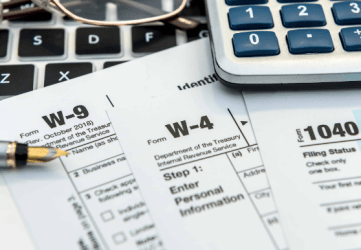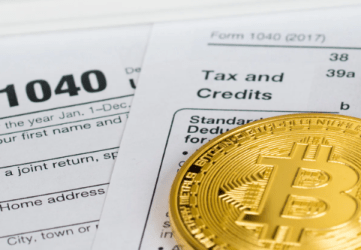-
Table of Contents
SECURE 2.0 Tax Credits for Small Business Retirement Plans
America faces a retirement savings crisis. Many people aren’t saving enough for retirement, and some have no savings at all. Employer-sponsored retirement plans enable people to save, but many private-sector workers lack access to such plans [1]. Small businesses, the backbone of the US economy, have been hesitant to offer retirement plans due to costs; however, the SECURE 2.0 Act of 2022 provides incentives for businesses in Delaware to establish these plans.
SECURE 2.0 Act Addresses Workplace Retirement Plans
Long gone are the days of guaranteed pension plans. Today, workers rely on personal savings, Social Security, and retirement plans.
Although small businesses in Delaware are less likely to offer retirement plans due to their cost, they recognize that offering a plan is vital for hiring and retention. The Secure 2.0 Act builds on the Secure Act of 2019, making significant changes to 401(k)s and similar plans, which are attractive to small businesses with 100 or fewer employees.
Secure 2.0 and Small Business Retirement Plans
The Secure 2.0 Act provides the following retirement plan tax credits to small business employers in Delaware [2]:
Start-Up Cost Tax Credit. Effective in 2023, small businesses [3] starting a new retirement plan can receive a tax credit covering 50-100 percent of eligible startup costs, up to $5,000 annually for the first three years. Businesses with 50 or fewer employees must have at least one non-highly compensated employee to qualify.
Employer Contribution Tax Credit. Employers sponsoring a new defined contribution plan can claim a tax credit for employer matching or profit-sharing contributions during the first five years. Businesses with 50 or fewer employees are eligible for an annual credit of up to $1,000 [4] per employee earning less than $100,000. For businesses with 51 to 100 employees, the credit is on a sliding scale.
Automatic Enrollment Tax Credit. Plans established after December 29, 2022, must use an eligible automatic contribution arrangement (EACA) with a three- to ten-percent salary deferral. This requirement starts in 2025, but businesses can take advantage of the $500 annual credit earlier by including automatic enrollment.
- Note: Automatic enrollment is not required for businesses less than three years old or with fewer than ten employees.
Secure 2.0 also benefits employees in Delaware, including:
- Starting in 2024, employers can treat student loan payments as retirement plan contributions for matching purposes.
- Participants can withdraw up to $1,000 per year for emergencies without a 10 percent penalty.
- Plans can add short-term emergency savings accounts (ESAs) starting in 2024.
- Catch-up contribution limits increased for employees aged 50 and older in 2023.
- A Roth option allows choosing employer contribution match pre-tax or after-tax.
- Part-time employees working 500-999 hours per year for three consecutive years must be allowed to participate. Starting in 2025, this applies after two consecutive years.
Get Legal Guidance and Tax Advice on Employer Retirement Plans
Small businesses in Delaware should reconsider offering retirement plans due to the tax incentives provided by the Secure 2.0 Act. Retirement plans offer a significant advantage for recruiting and retaining employees. Research shows that having a retirement plan reduces employee turnover in the first year by 40 percent [6].
Are you unsure if your business in Delaware is eligible for the tax credits provided by the Secure 2.0 Act? Our small business attorney can help you and your financial advisors navigate this legislation. Schedule an appointment to learn more.
Contact an experienced tax attorney at The Law Office of Jason Carr, PLLC for help in resolving your tax issues in Delaware.
tax credits, SECURE 2.0 Act, small business retirement plans, startup cost tax credit, employer contribution tax credit, automatic enrollment tax credit, retirement plan benefits, small business tax incentives, retirement savings, employee retention, Roth option, emergency savings accounts, student loan payments, catch-up contributions, part-time employee benefits, workplace retirement plans, tax planning, retirement plan compliance, financial planning, retirement savings strategies, IRS tax deductions, business tax credits, employer matching contributions, tax incentives, retirement plan startup costs






